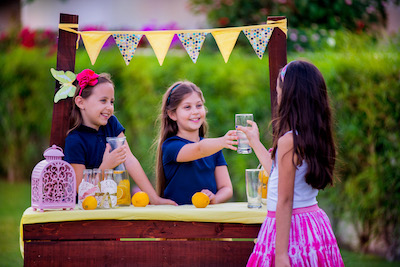Social Skill Development in Preschool
In the tapestry of childhood development, social skills and peer interaction are essential threads that contribute significantly to a child’s overall growth. These skills are the building blocks of relationships, communication, and understanding of the social world. Particularly in the early years, the environment in which a child is placed plays a pivotal role in shaping these skills. In this article, we will explore the role of preschool in social development and delve into activities that foster teamwork and communication skills.
The Role of Preschool in Social Development
A Platform for Peer Interaction
Preschool is often the first setting where children regularly interact with peers outside of their family circle. This environment provides a unique opportunity for children to learn about social dynamics, empathy, sharing, and cooperation.
Learning Through Observation and Participation
Children learn social skills not just through direct instruction but by observing and participating in social situations. By witnessing how peers communicate and collaborate, children start to understand the nuances of social interactions.
Guided Socialization
Educators in preschool play a crucial role in guiding socialization. They help children navigate the complexities of social interactions, from resolving conflicts to understanding and respecting differences among peers.
Activities that Promote Teamwork and Communication Skills
Group Projects
Engaging children in group projects is an excellent way to promote teamwork. Activities like building a structure with blocks, creating a large art piece, or putting on a simple skit encourage children to work together, share ideas, and solve problems collaboratively.
Role-Playing Games
Role-playing games are also a fun way for children to develop empathy and communication skills. By stepping into different roles, children learn to understand different perspectives and express themselves in diverse scenarios.
Circle Time
Circle time is a staple in many preschools, providing a structured setting for children to practice listening, turn-taking, and expressing their thoughts in a group. It’s an opportunity for each child to be heard and to learn to respect the voice of others.
Collaborative Storytelling
Collaborative storytelling is another activity that fosters creativity, listening skills, and the ability to build on others’ ideas, essential components of effective communication.
Team-Based Physical Activities
Physical activities that require teamwork, like relay races or simple ball games, help children understand the importance of working together towards a common goal. These activities also improve coordination and motor skills, adding to the holistic development of the child.
Conclusion
The development of social skills and peer interaction is a crucial aspect of early childhood education. Preschool provides a nurturing environment where these skills can flourish through guided interaction and carefully designed activities. By promoting teamwork and communication skills, we lay the groundwork for children to grow into socially adept individuals. These early experiences in navigating the social world are invaluable, setting the stage for personal and academic success in the years to come.
